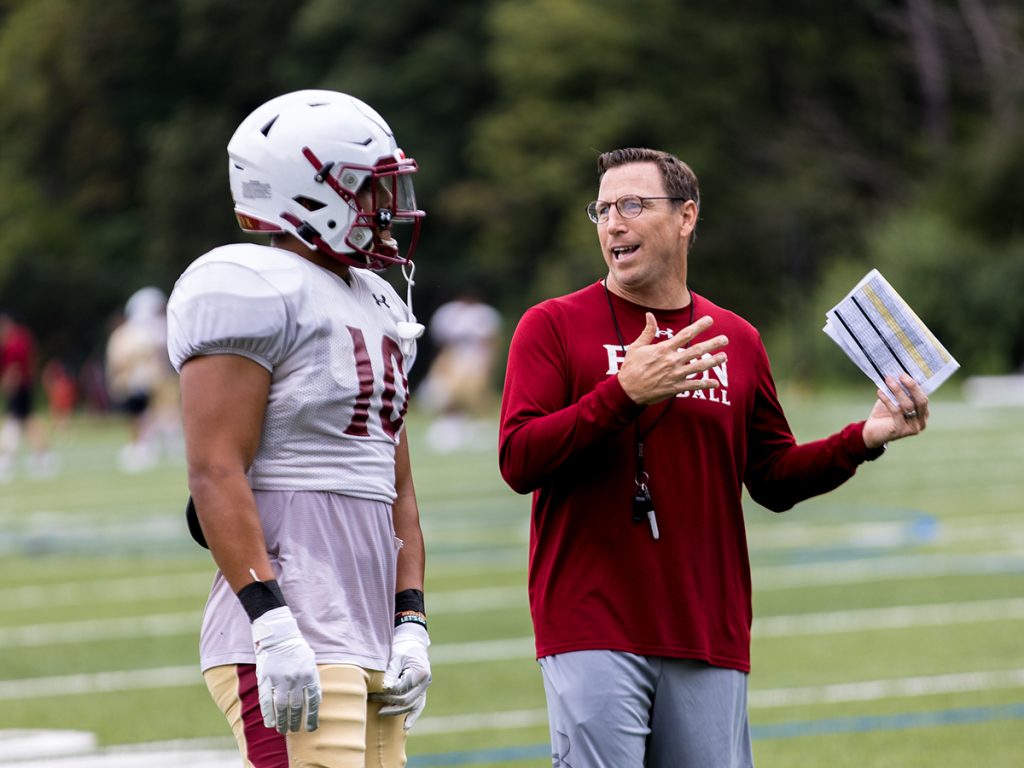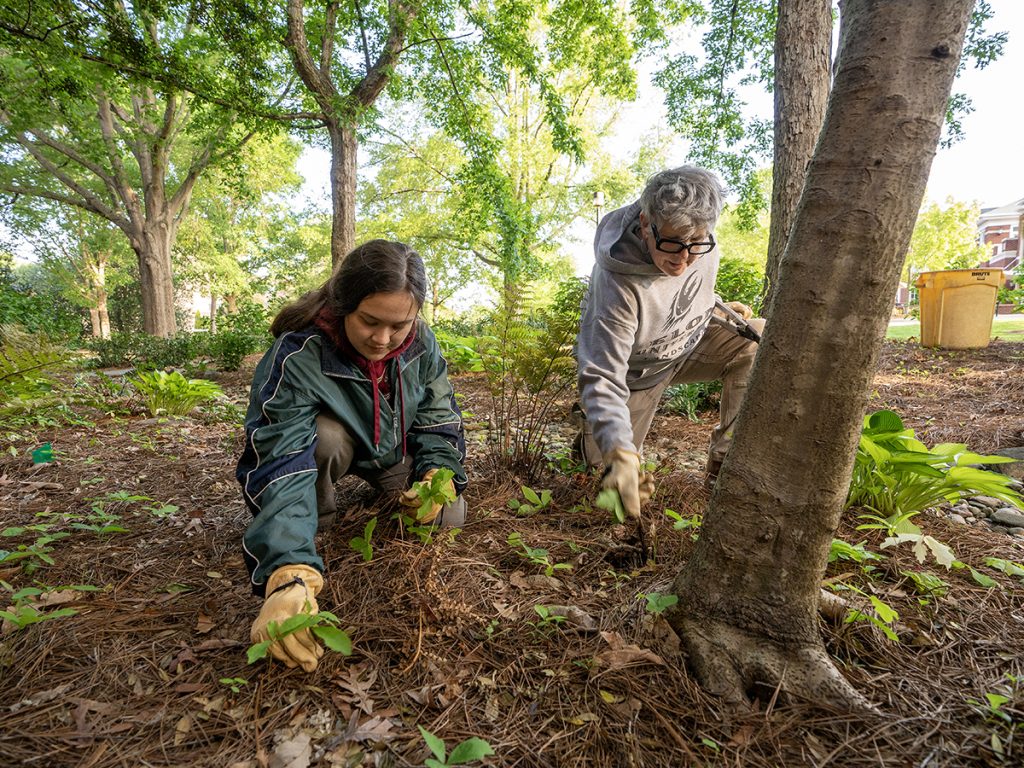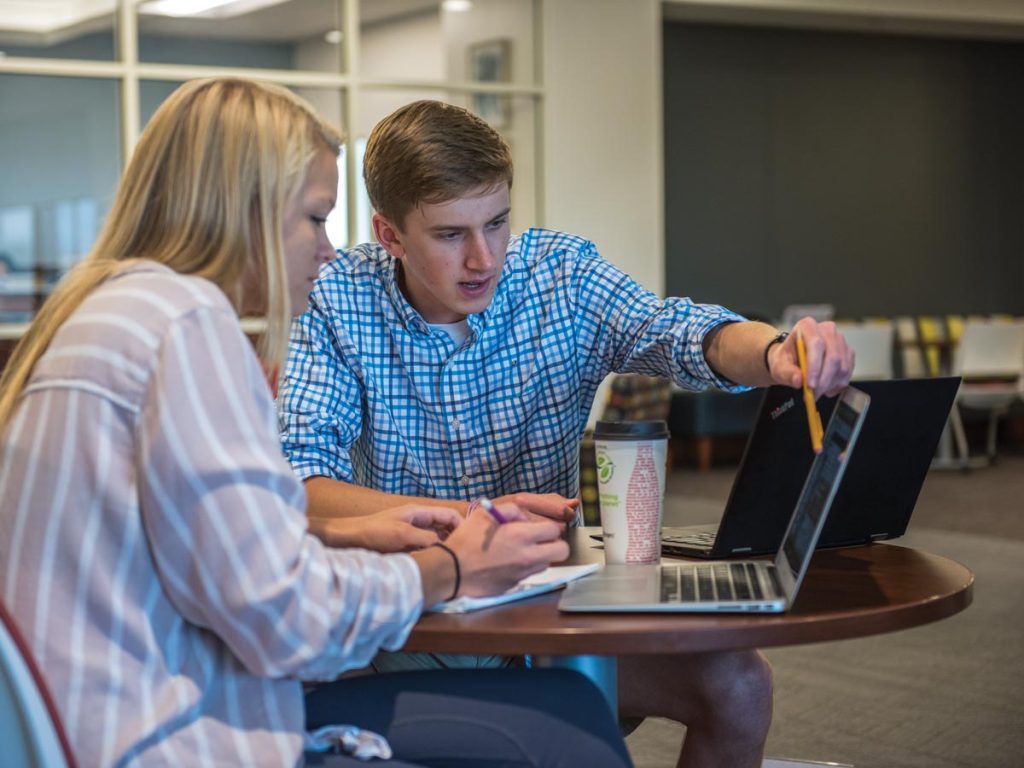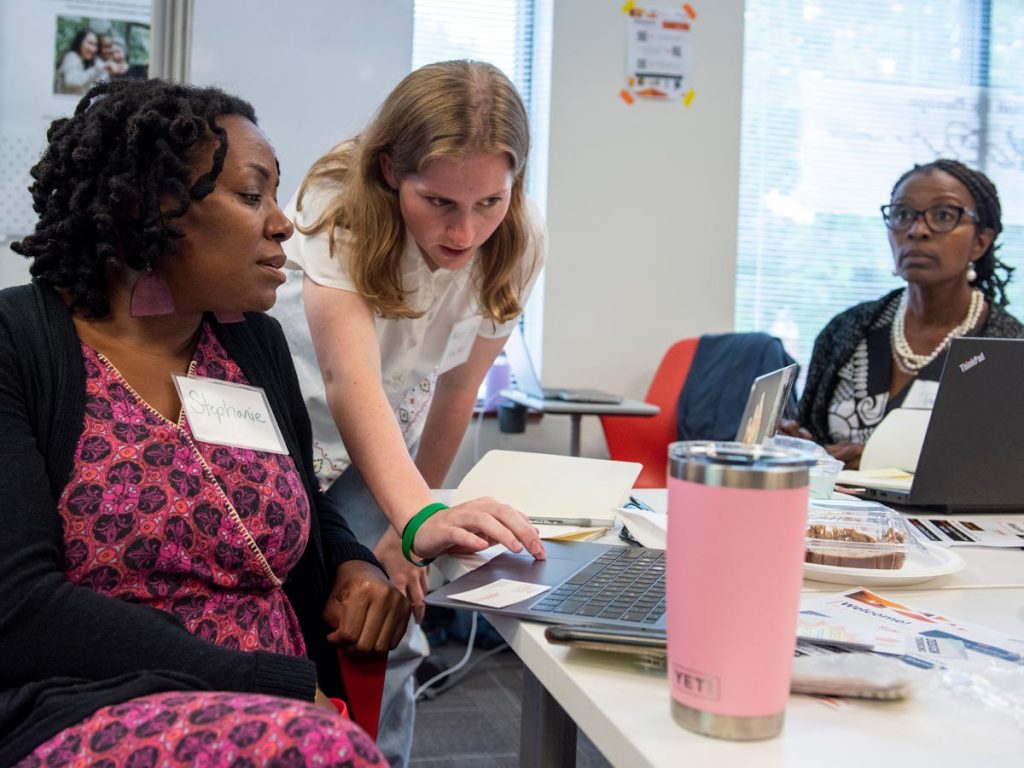







Research has consistently confirmed the powerful benefits of meaningful relationships for overall well-being (Waldinger & Schulz, 2022) and inclusive belonging. The skills required to be a successful relationship generator are in alignment with the goals and values that are central to an engaged and compassion-centered education. Multiple meaningful relationships that are intentionally constructed and maintained are often cited as factors in ongoing success (Gallup, 2014; Lombardi, Murray, & Kowitt, 2016; Van der Zanden, Denessen, Cillessen, & Meijer, 2018), resiliency (Mai, Wu, & Huang, 2021; McCray & Joseph-Richard, 2020), and life-long learning (Moore et al., 2022). Students, faculty, and staff have the potential to use these multiple relationships as roots that support personal growth in the pursuit of purpose and overall meaning making.
Elon has numerous opportunities and initiatives, such as fellows and cohorts, first-year experience programing, resource groups, and centers that play a significant role in generating opportunities for meaningful relationships to flourish. The committee in collaboration with campus partners will consider: How can we harness these already successful programs and opportunities into intentional pathways to facilitate connection and network building across all years of an Elon student’s career? In what ways can we refine our current assessment strategies to capture our efforts and outcomes?
Ongoing work has revealed that structured programming, pathways, and gateways tend to be found in students’ first and final years with the assumption that those relationships flow through the middle years. Additionally, historical exclusion in education has led to access and equity barriers, which means some members of the community may need more structured support at critical times. Hence, how can we ensure that all students access meaningful relationships and integration opportunities throughout their experiences? What specific inflection points could assist transitions in each enrolled year? How can university values reinforce a developmental model that moves away from assumed ongoing engagement to intentional pathways, which ensures meaningful relationship connection opportunities are provided at multiple strategic times? Who (e.g., advisors, ELR leaders, peers, resident assistants, and student life staff) in the current infrastructure are best positioned to do this and how must this work center access, equity, and inclusive excellence?
In the academic year 2023-2024 the team will launch six pilots and a comprehensive professional development curriculum for faculty and staff.